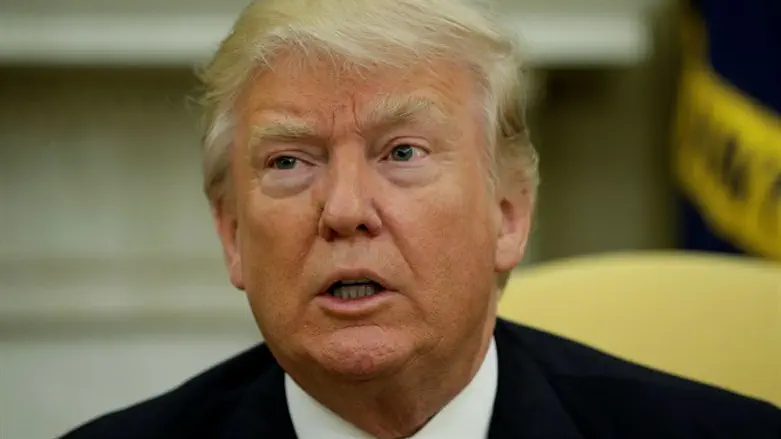
President Donald Trump revealed highly classified information to the Russian foreign minister and ambassador in a White House meeting last week, current and former U.S. officials told The Washington Post on Monday.
The sources, who were not named, claimed Trump’s disclosures jeopardized a critical source of intelligence on the Islamic State (ISIS) jihadist group.
The information Trump relayed had been provided by a U.S. partner through an intelligence-sharing arrangement considered so sensitive that details have been withheld from allies and tightly restricted even within the U.S. government, the officials said.
The partner, however, had not given the United States permission to share the material with Russia, and officials said Trump’s decision to do so endangers cooperation from an ally that has access to the inner workings of ISIS.
After Trump’s meeting, senior White House officials took steps to contain the damage, placing calls to the CIA and the National Security Agency, according to The Washington Post.
“This is code-word information,” a U.S. official familiar with the matter told the newspaper, using terminology that refers to one of the highest classification levels used by American spy agencies.
Trump “revealed more information to the Russian ambassador than we have shared with our own allies,” the official claimed.
The revelation comes amid an investigation into possible links between the Trump campaign and Moscow.
Trump last week hosted Russian Foreign Minister Sergei Lavrov and Ambassador Sergey Kislyak, a key figure in earlier Russia controversies who was revealed to have had conversations with former national security adviser Michael Flynn which led to the latter’s dismissal.
It was during that meeting, officials said, that Trump went off script and began describing details of an Islamic State terrorist threat related to the use of laptop computers on aircraft.
As president, Trump has broad authority to declassify government secrets, making it unlikely that his disclosures broke the law.
“The president and the foreign minister reviewed common threats from terrorist organizations to include threats to aviation,” said H.R. McMaster, the current national security adviser, who participated in the meeting.
“At no time were any intelligence sources or methods discussed, and no military operations were disclosed that were not already known publicly,” he stressed.
The CIA declined to comment, and the NSA did not respond to requests for comment.
